×
☰
- Home
-
Industry Reports
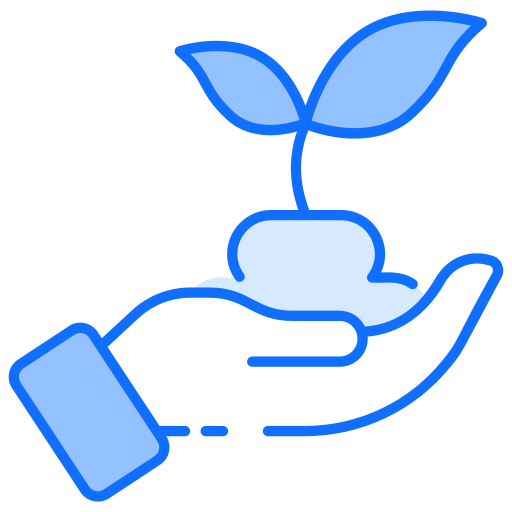 Agriculture
Agriculture
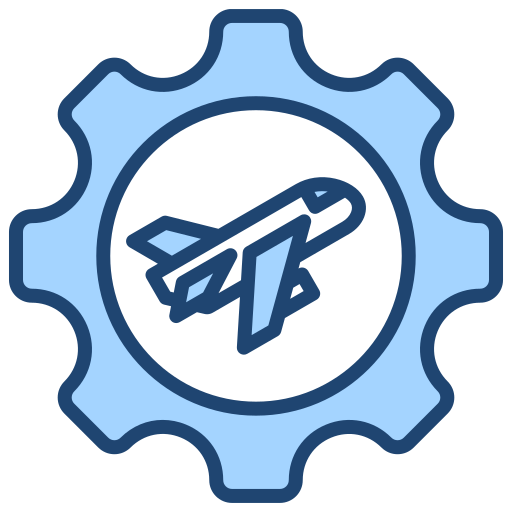 Aerospace and Defense
Aerospace and Defense
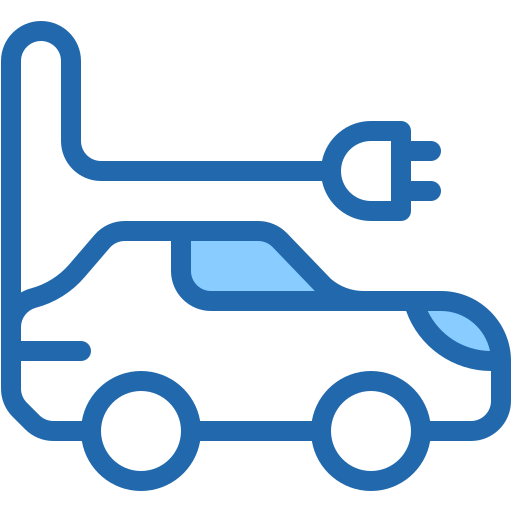 Automotive and Transportation
Automotive and Transportation
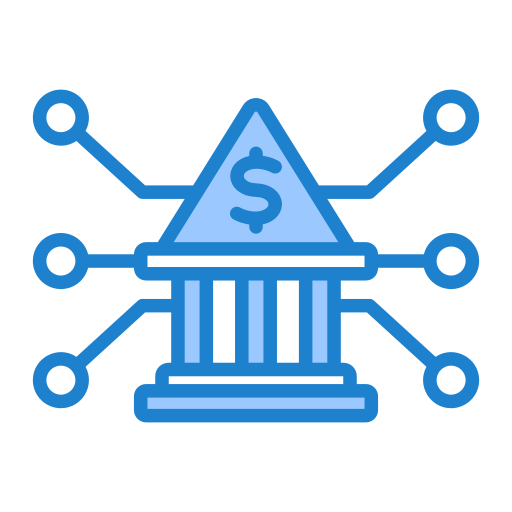 Banking & Finance
Banking & Finance
 Biotechnology
Biotechnology
1.png) Chemicals and Materials
Chemicals and Materials
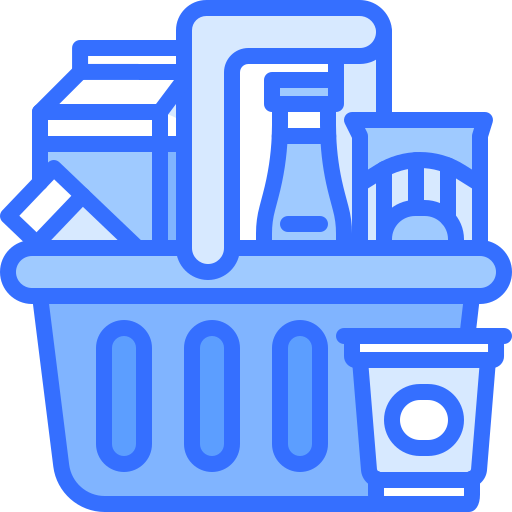 Consumer Goods
Consumer Goods
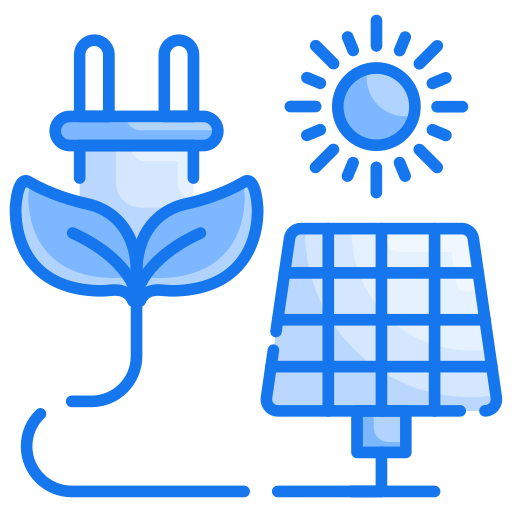 Energy and Power
Energy and Power
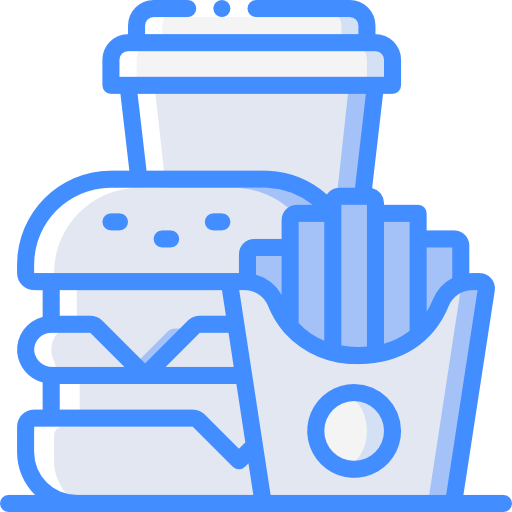 Food and Beverages
Food and Beverages
 Healthcare IT
Healthcare IT
 Information & Communications
Information & Communications
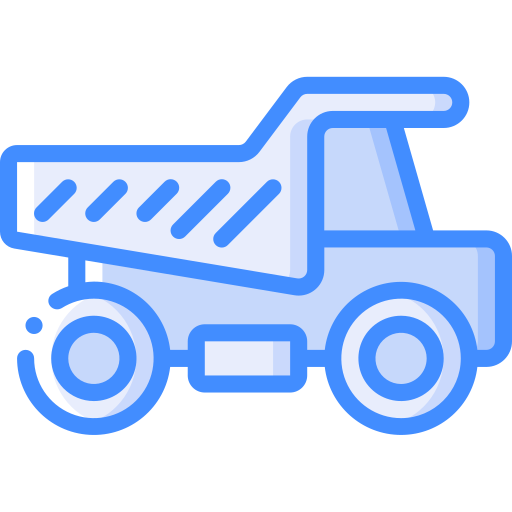 Manufacturing and Construction
Manufacturing and Construction
 Packaging
Packaging
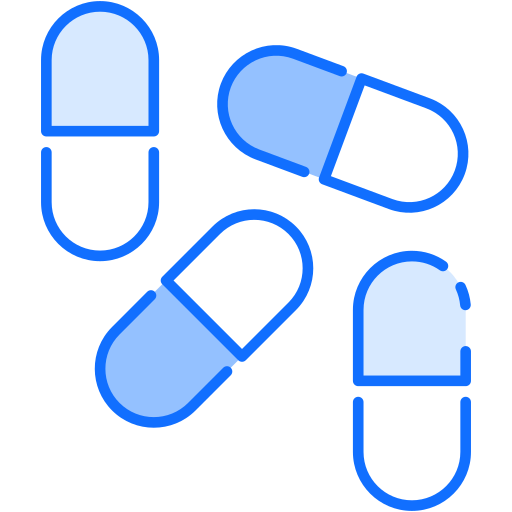 Pharmaceuticals
Pharmaceuticals
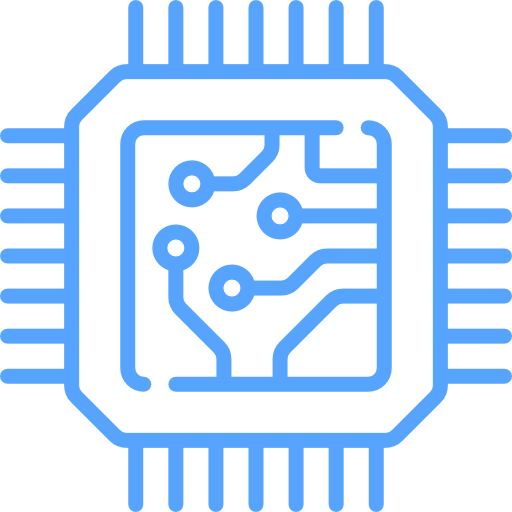 Electronics and Semiconductor
Electronics and Semiconductor
 Medical Devices
Medical Devices
- About Us
- Blogs
- Press Release
- Contact Us





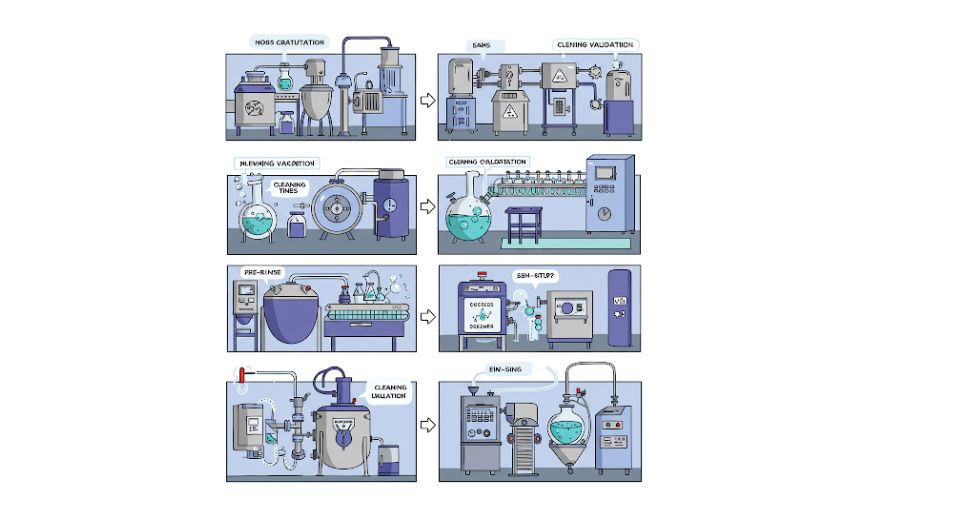

 US: +1 3023308252
US: +1 3023308252






